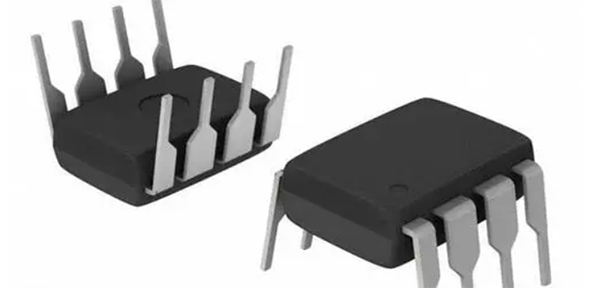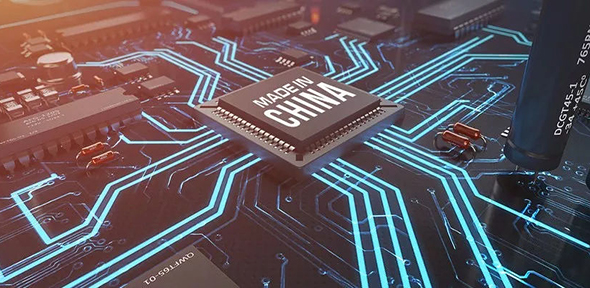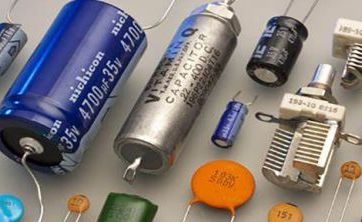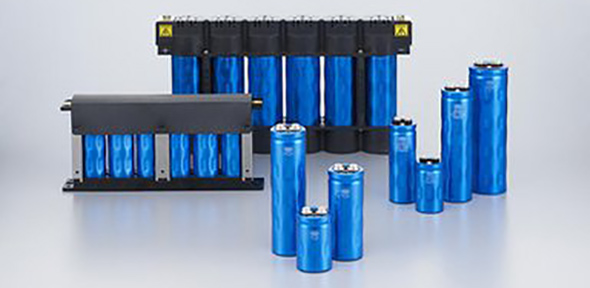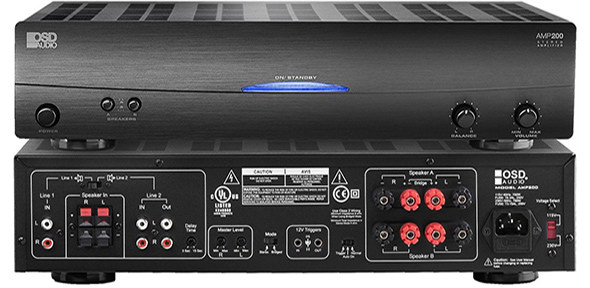what is gain on an amplifier
An amplifier is a device that amplifies the voltage or power of an input signal and consists of an electronic tube or transistor, a power transformer, and other electrical components. It is used in various devices such as communication, broadcasting, radar, television, and automatic control. Next, in detail for you to say "what is the meaning of amplifier gain amplifier gain how to calculate"
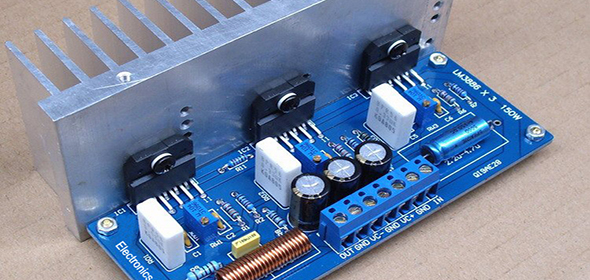
What is the meaning of amplifier gain
Amplifier gain is the logarithm of the ratio of amplifier output power to input power, to indicate the degree of power amplification. It also refers to the amplification of voltage or current. Similarly, decibel is the unit of amplifier gain. The ratio of amplifier output to input is the amplification, and the unit is "times", such as 10 times amplifier, 100 times amplifier. When the unit of "decibel" is used instead, the amplification is called gain, which is a concept of two names. The conversion relationship between decibel and amplification in electricity is: AV(I)(dB)=20lg[Vo/Vi(Io/Ii)]; Ap(dB)=10lg(Po/Pi) decibel definition of voltage (current) gain and power gain formula is different, but we all know that the relationship between power and voltage, current is P=V^2/R=I^2R. After using this formula, the two gain values will be the same: 10lg[Po/Pi]=10lg(V2o/R)/(V2i/R)=20lg(Vo/Vi). There are significant benefits to using decibels as a unit. The total amplification of electronic systems is often thousands, tens of thousands or even hundreds of thousands, a radio from the antenna to receive the signal sent to the speaker playback output, a total of about 20,000 times to amplify. With decibels to take a logarithm first, the value is much smaller. When the amplifier is cascaded, the total amplification is multiplied by all levels. When using decibels as a unit, the total gain is summed. If the front stage of an amplifier is 100 times (20dB), the rear stage is 20 times (13dB), then the total power amplification is 100 × 20 = 2000 times, the total gain of 20dB + 13dB = 33dB.
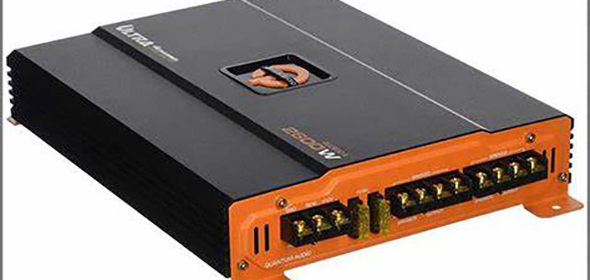
Is the greater the gain of the amplifier the better?
Not necessarily. While it may seem intuitive that a higher gain amplifier would always be better, there are situations where a lower gain amplifier would be more appropriate.
The gain of an amplifier is the ratio of the output voltage or current to the input voltage or current. A higher gain amplifier will amplify the input signal more, but it can also introduce more noise and distortion into the output signal. In some cases, such as in audio amplifiers, too much gain can cause clipping, where the output signal is distorted and clipped at the maximum voltage level.
On the other hand, a lower gain amplifier can be more appropriate in situations where the input signal is already strong and doesn't need as much amplification. It can also help to reduce noise and distortion in the output signal. In some cases, such as in low-power devices or battery-powered devices, a lower gain amplifier may be preferred to conserve power.
Ultimately, the appropriate gain for an amplifier depends on the specific application and the requirements of the system in which it is used.
